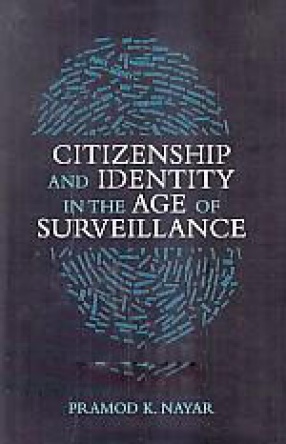
Pramod K Nayar

Showing all 12 books
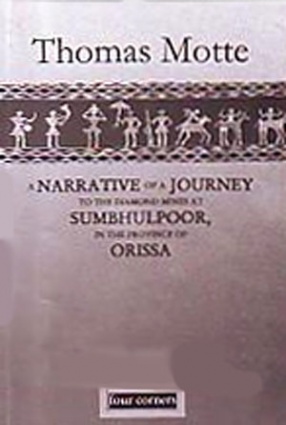
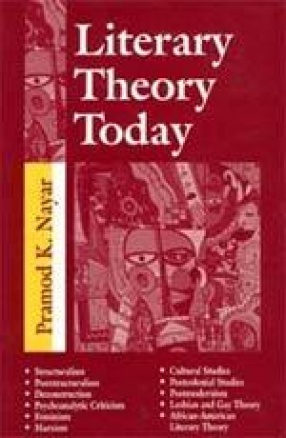
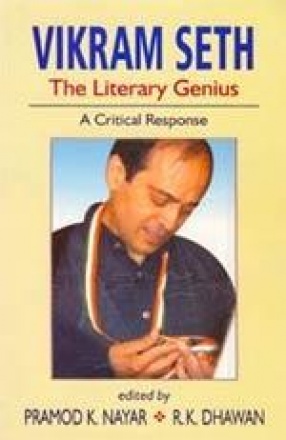
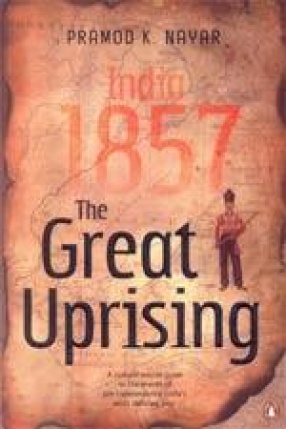
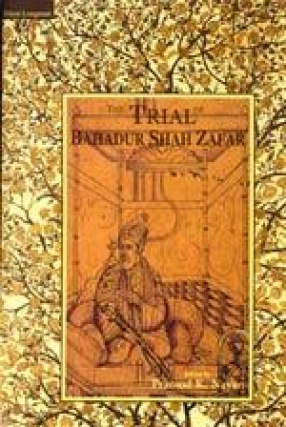

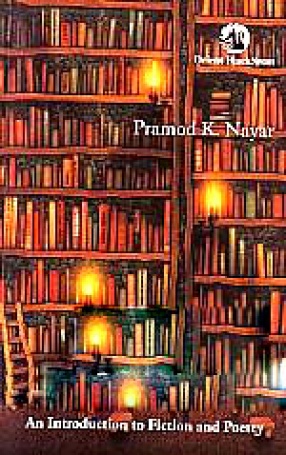
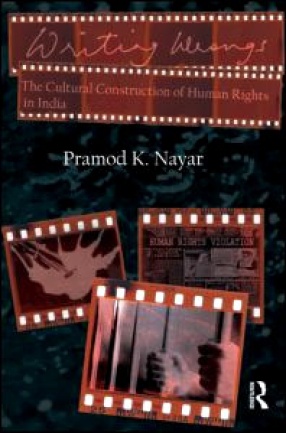
This book examines the ‘cultural apparatus’ of Human Rights in India today. It unravels discourses of victimhood, oppression, suffering and witnessing through a study of autobiographies, memoirs, reportage and media coverage, and documentaries.
Moving across multiple media and genres for their representations of Dalits, riot victims, prisoners, abused and abandoned women and children, examining the formal properties of victim texts for their ...

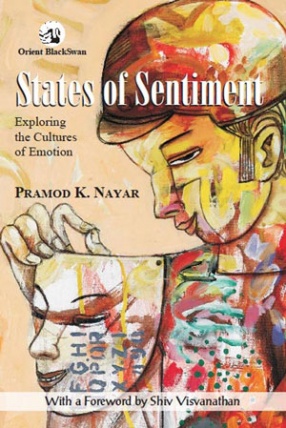
This book proposes that our responses to various situations, events and representations are not entirely private, individual and internal. They have a crucial social dimension. Emotions are a result of the internalisation of cultural codes and discourses that inform, and even determine the appropriateness or inappropriateness of emotional responses.We see a terrorist as a threat, a cyclone as worrying, a rags-to-riches story as a feel-good moment. We mourn the ...
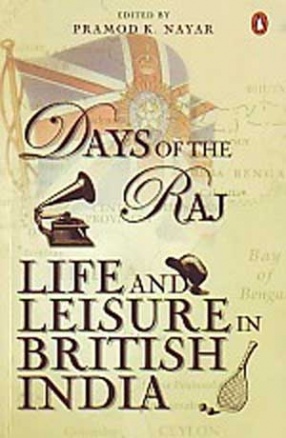
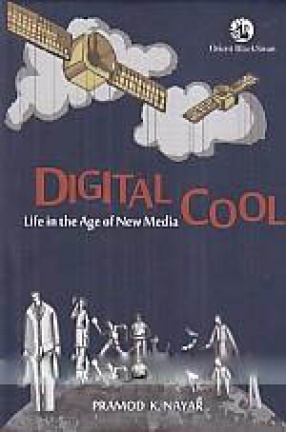

Theory is perhaps the most important area of study in the academic curriculum today. Both students and teachers are bewildered by a plethora of theories and the baffling criticism constantly pouring in. The present book therefore is intended as a comprehensive introduction to this fast-growing discipline of literary and cultural theory. It aims at elaborating concepts, and explaining the arguments of principal thinkers and specific schools. It makes an accessible ...

Vikram Seth is one of the most significant contemporary Indian English writers. His works, especially The Golden Gate, A Suitable Boy, and An Unequal Music, have received worldwide recognition. The present volume offers a wide spectrum of critical response by eminent scholars to Seth’s writings. The volume, it is hoped, will be of great interest to the scholars of Indian English literature.
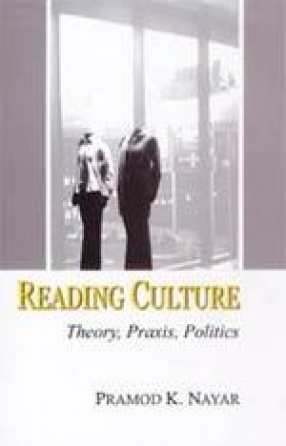
This book analyses how forms of public culture in India—cinema, the comic book, the museum and the tourist brochure—generate social meanings. It ‘reads’ the strategies through which they reflect, reinforce and at times contest existing power relations within society. Using a range of theories and approaches, Pramod Nayar demonstrates how a cultural form or genre encodes narratives of power, and works to marginalize certain identities, norms, modes of ...

As India marks 150 years of the 1857 Uprising, this meticulously researched and vivid work recounts a time both tragic and compelling. Many-staged and many-charactered, this volume searches for the key issues, causes and effects, figures and developments that culminated in the massacres of Cawnpore, Satichaura and Bibighar, the ensuing counter-massacres, and the gory retribution dealt out by the British on their subjects. Beginning with an account of the ...

Bahadur Shah Zafar, the poet-king, was catapulted into the limelight when the 'mutineers' from Meerut arrived in Delhi on 11 May 1857. After the 'Mutiny', the last of the great Mughals went on trial on 27 January 1858 for aiding and abetting the 'mutineers' of 1857. The 21-day trail in the Diwan-i-Khas, the Hall of Special Audience, in Zafar's own palace, saw the British produce dozens of witnesses and documents to demonstrate Zafar's complicity in the 'Mutiny'. ...
